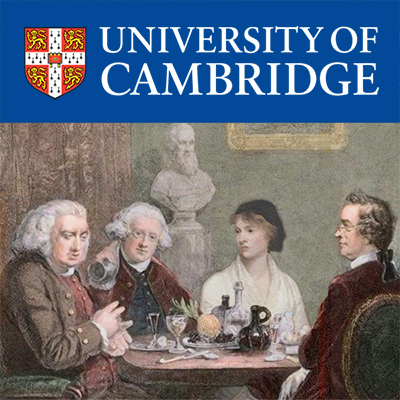Elizabeth Hale - Female Quixotism and Colonial Girlhood: 1895-1912
Duration: 1 hour 24 mins
Share this media item:
Embed this media item:
Embed this media item:
About this item

| Description: | Turn of the century formulations of talented girlhood in literature from Australia, the United States and Canada |
|---|
| Created: | 2012-12-02 15:07 | ||
|---|---|---|---|
| Collection: | Clare Hall Colloquium | ||
| Publisher: | Clare Hall | ||
| Copyright: | Elizabeth Hale - Clare Hall | ||
| Language: | eng (English) | ||
| Distribution: |
World
|
||
| Keywords: | Children literature; | ||
| Credits: |
|
||
| Categories: |
iTunes - Language - English |
||
| Explicit content: | No | ||
| Abstract: | This talk was given at Clare Hall on 20 November 2012, by Elizabeth Hale, Senior Lecturer in English and Writing, School of Arts, University of New England, Australia.
In this talk, we examine turn of the century formulations of talented girlhood in literature from Australia, the United States and Canada. We argue that the talented girls in question are adolescent versions of Cervantes’s Don Quixote; they follow a tradition in women’s novels, since Charlotte Lennox initiated the type in The Female Quixote (1752). They also incorporate the idea of the teenage girl writer/artist (as popularized by Louisa May Alcott in the 1860s). Focusing on Henry Handel Richardson’s The Getting of Wisdom, Ethel Turner’s Seven Little Australians, L. M. Montgomery’s Anne of Green Gables, and Eleanor H. Porter’s Pollyanna, we offer some ideas about why this literary type flourishes at this time, specifically in the context of representations of colonial girlhood by colonial writers. |
|---|---|

